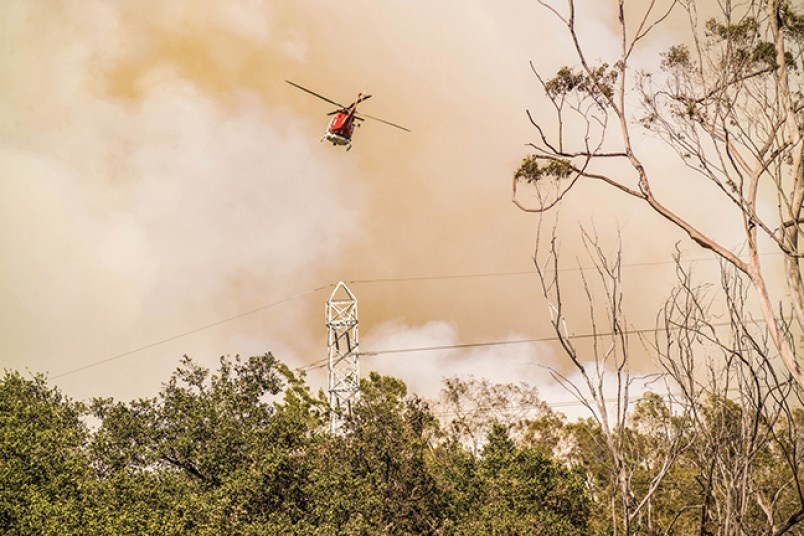Port Moody will spend up to $40,000 for consulting help as it develops a plan for dealing with climate change.
In a report, the city’s sustainability and energy coordinator, Laura Sampliner, said the consultant would be used to help analyze and model energy use as well as emissions by the city, its residents and businesses so new targets for the reduction of greenhouse gases by 2035 and 2050 can be established. Those gases have been shown to be a significant contributor to climate change.
Sampliner said the technical nature of the work is beyond the capabilities of city staffers without additional help. The consultant will also assist staff in the development of Port Moody’s final climate action plan, that is scheduled to be presented to city council by late September or early October.
Sampliner said Port Moody had hoped it could create a two-year staff position to help get the work done through a funding agreement with the Federation of Canadian Municipalities but the city’s application wasn’t approved, so its $40,000 share, which had already been allocated for the position, can be put towards hiring a consultant.
The money comes from the city’s carbon offsets community reserve fund, which Sampliner estimated will have a closing balance of $495,000 by the end of the year. It is replenished by about $100,000 annually from British Columbia’s climate action revenue incentive program.
Port Moody is already taking a number of steps to help counter the effects of climate change, like restricting the amount of pavement dedicated for driveways and off-street parking to no more than 50% of the front yard at houses so there can be more natural surfaces to absorb water. There’s also new regulations about how close development can be built to creeks and tributaries.
While summers have been significantly drier in recent years, winter and spring precipitation has been increasing. Those trends are to continue in coming years, with 11% more rain by 2050, and 20% more by 2080.
As reported in The Tri-City News' recent series on the effects on cities of climate change, Alex Boston, the executive director of the Renewable Cities program at SFU, said the costs of increased risk from flooding brought by the changing weather patterns could reach billions of dollars.
— with files from Gary McKenna



